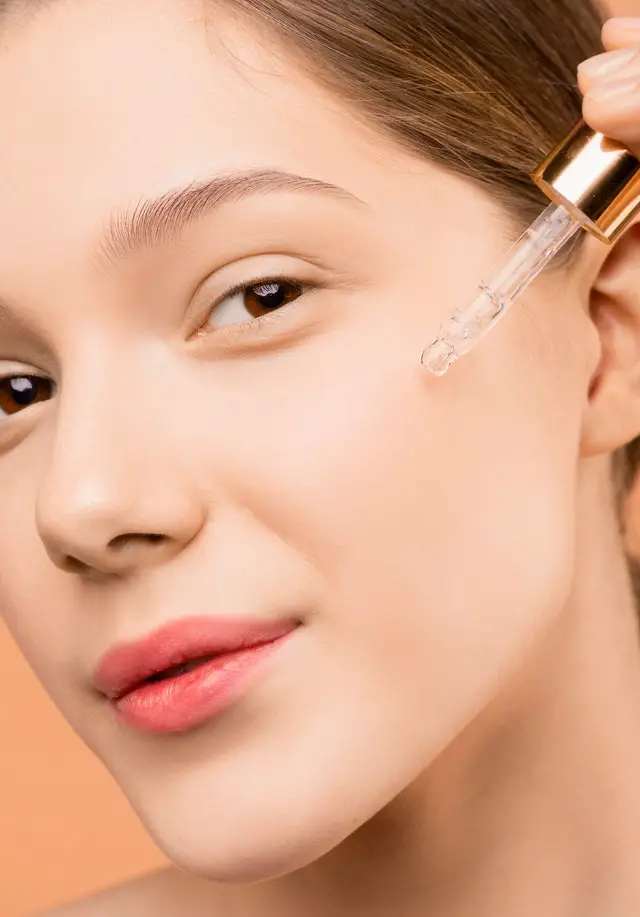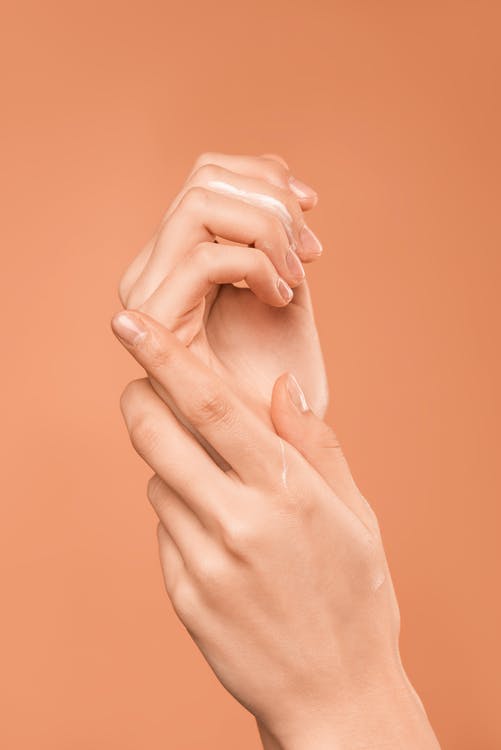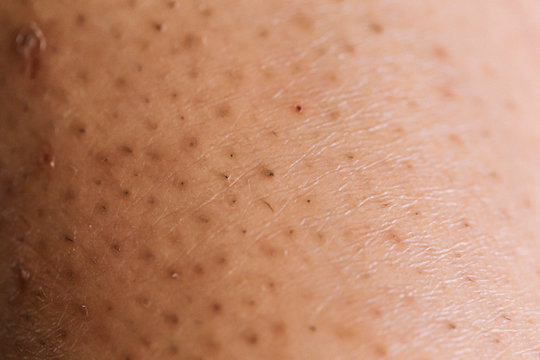
Have you ever noticed red bumps or irritation on your skin after shaving?
You might be dealing with ingrown hairs. The good news is that jojoba oil can help.
This natural oil, derived from jojoba plants, is known for its soothing and healing abilities—making it an ideal choice for treating ingrown hairs.
Let’s explore why using jojoba oil for ingrown hair is so beneficial.
Contents
- 1 What Causes Ingrown Hairs?
- 2 How Can Jojoba Oil Help?
- 3 7 Benefits of Using Jojoba Oil for Ingrown Hair:
- 4 Precautions While Using Jojoba Oil For Ingrown Hair:
- 5 Is Jojoba Oil Good for Razor Bumps?
- 6 Does Jojoba Oil Unclog Hair Follicles?
- 7 How Long Do Ingrown Hairs Last?
- 8 Is It Ok to Pop an Ingrown Hair?
- 9 Conclusion:
What Causes Ingrown Hairs?
When a strand of hair grows back into the skin instead of growing outwards, ingrown hair can occur.
Ingrown hairs are often caused by improper shaving techniques but they can also happen when the follicle becomes clogged with dirt and dead skin cells, which prevents the hair from growing upwards and outwards through the pore.

How Can Jojoba Oil Help?
Jojoba oil has anti-inflammatory properties that can help reduce redness and irritation associated with ingrown hairs.
When jojoba oil for ingrown hair is used regularly, it can also soften and loosen up dead skin cells to keep follicles clear so that new strands of hair don’t get trapped underneath them.
In addition to its anti-inflammatory properties, jojoba oil offers other benefits such as moisturizing the skin to keep it soft and hydrated.
It’s also non-comedogenic which means it won’t clog your pores or cause breakouts (unlike some other oils).
Finally, jojoba oil has antifungal properties which help protect against infections caused by bacteria or fungi.
7 Benefits of Using Jojoba Oil for Ingrown Hair:
Here are seven benefits of using jojoba oil for ingrown hair.
1. Natural Ingrown Hair Remedy
Jojoba oil is a natural remedy that can help reduce inflammation caused by ingrown hair.
The anti-inflammatory properties of jojoba oil can help reduce redness, swelling, and itching caused by ingrown hairs.
It also helps to soften the skin around the affected area, making it easier to remove the ingrown hairs without further irritation.
2. Exfoliating Properties
Jojoba oil contains high levels of Vitamin E and other antioxidants which help to break down dead skin cells that can clog pores and lead to ingrown hair growth.
This exfoliating property helps keep skin clear, which reduces the risk of future ingrown hairs forming on the skin surface.
3. Moisturizing
Jojoba oil is one of the best oils for moisturizing dry skin because it penetrates deeply into the skin without leaving an oily residue behind like some other oils may do.
The moisturizing properties of jojoba oil also help keep your skin feeling supple and hydrated, making it less prone to irritation or discomfort associated with ingrown hairs.
4. Antibacterial Effects
Jojoba oil has natural antibacterial effects which help protect against infection caused by bacteria that may enter open wounds left behind by plucking or shaving an ingrown hair.
This helps prevent any further complications from developing in addition to helping heal existing ones more quickly and effectively due to its anti-inflammatory and moisturizing properties mentioned above!
5. Nourishing
Jojoba oil is packed with fatty acids, vitamins A & E, proteins, and minerals which all help nourish and rejuvenate skin damaged from frequent waxing or shaving to prevent new ingrowths from forming while encouraging faster healing time in existing ones!
6. Reducing Razor Bumps
Razor bumps are another common issue that many people experience when shaving or waxing an area with thick hair growth such as legs or bikini lines; however, razor bumps can also occur around facial areas too if not properly taken care of after each shave/wax session.
Fortunately, regular application of jojoba oil after shaving or waxing can help reduce swelling & redness associated with razor bumps so you don’t have any pesky reminders of those bad grooming days!
7. Cost Effective
Last but not least, jojoba oil is a cost-effective option when compared to other treatments such as lotions & creams specifically formulated for treating/preventing ingrowths; plus it’s easy to find & use since most health stores carry it already pre-bottled up!
Precautions While Using Jojoba Oil For Ingrown Hair:
Although jojoba oil is generally safe to use, it’s important to keep in mind that everyone’s skin reacts differently and may experience some sensitivity.
Here are some of the precautions to keep in mind while using jojoba oil for ingrown hair:
- It’s always best practice to do a patch test before applying jojoba oil on larger areas of the body or sensitive areas such as your face.
- Additionally, ensure that you’re purchasing quality and pure jojoba oil versus synthetic or adulterated products.
- Finally, keep in mind that while using jojoba oil for ingrown hair is effective, it is not a substitute for proper grooming techniques such as exfoliating the skin regularly and using sharp razors/wax strips when shaving or waxing.
Is Jojoba Oil Good for Razor Bumps?
Yes, jojoba oil is good for treating and preventing razor bumps. Razor bumps occur when hairs become trapped beneath the skin’s surface due to improper shaving or waxing techniques, and can be very painful and unsightly.
Jojoba oil contains anti-inflammatory and antibacterial properties which help soothe redness and swelling, as well as reduce the risk of infection.
Additionally, its moisturizing properties help keep skin hydrated and less prone to irritation or discomfort associated with razor bumps.
Regular application after shaving or waxing can help ensure that your skin remains healthy and free from unsightly razor bumps.
Does Jojoba Oil Unclog Hair Follicles?
Yes, jojoba oil can help unclog hair follicles.
Clogged hair follicles can lead to ingrown hairs, which can be painful and unsightly. Jojoba oil contains high levels of Vitamin E and other antioxidants that help break down dead skin cells which can clog pores and cause ingrown hairs.
Additionally, the moisturizing properties of jojoba oil help keep skin clear and hydrated, which can reduce the risk of further ingrown hairs forming.
Regular application of jojoba oil can help ensure that your skin remains healthy and free from any pesky ingrown hairs.
How Long Do Ingrown Hairs Last?
Ingrown hairs can last anywhere from a few days to several weeks, depending on the severity of the ingrown hair.
The duration of an ingrown hair will also depend on how well you treat and care for it during its healing process. Proper cleansing and moisturizing with jojoba oil are essential for reducing inflammation, swelling, and discomfort associated with ingrown hairs.
Additionally, regular application of jojoba oil can help protect against infection and speed up the healing process, allowing you to get back to your normal activities sooner.
Is It Ok to Pop an Ingrown Hair?
It is not recommended to pop an ingrown hair, as this can lead to further irritation and even infection.
Instead, it is advised to use a warm compress or jojoba oil on the area to help reduce inflammation and loosen up the skin surrounding the ingrown hair. This should then allow for easier removal of the ingrown hair.
If you are still unable to remove the ingrown hair, it is advised that you consult a dermatologist for further guidance and treatment.
Conclusion:
All in all, jojoba oil can be an effective remedy for those suffering from ingrown hair due to its numerous healing properties. Not only does this natural oil help reduce inflammation caused by bumps associated with ingrown hairs but it also keeps follicles clean so that new strands of hair don’t get trapped under dead skin cells.
Plus, because it’s non-comedogenic, you won’t have to worry about any breakouts after using this product! If you’re looking for a natural solution to treat ingrown hairs then give jojoba oil a try – you’ll be glad you did!
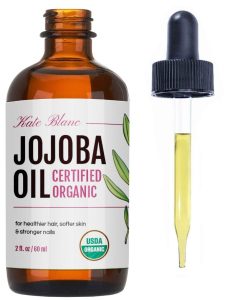
![30 Best Jojoba Oil Shampoo [Reviewed] 30 Best Jojoba Oil Shampoo [Reviewed]](https://theoilvirtue.com/wp-content/uploads/2022/02/J·R·LIGGETTS-All-Natural-Shampoo-Bar-Jojoba-And-Peppermint-300x300.jpg)
![20 Best Jojoba Oil Shave Oil [Reviewed] 20 Best Jojoba Oil Shave Oil [Reviewed]](https://theoilvirtue.com/wp-content/uploads/2022/02/The-Man-Company-100-Natural-Beard-Oil-For-Men-With-Almond-Oil-Thyme-Argan-And-Jojoba-Oil-300x300.jpg)
![15 Best Jojoba Oil Body Oil [Reviewed] 15 Best Jojoba Oil Body Oil [Reviewed]](https://theoilvirtue.com/wp-content/uploads/2022/02/Jojoba-Oil-By-Leven-Rose-Pure-Cold-Pressed-Organic-Unrefined-Moisturizer-For-Skin-Hair-Body-Nails-And-Cuticles-300x300.jpg)
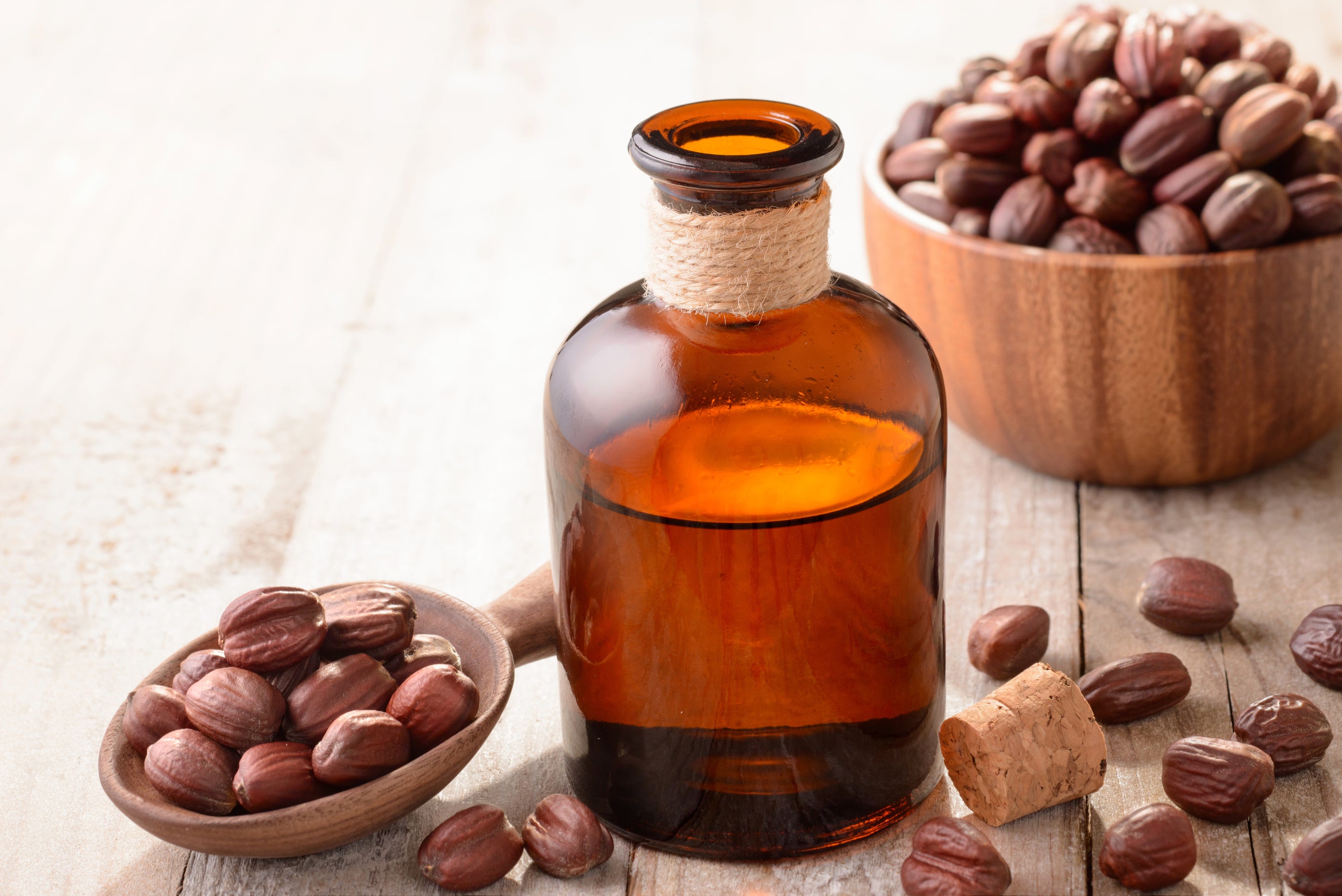

![12 Best Jojoba Carrier Oils [REVIEWED] 12 Best Jojoba Carrier Oils [REVIEWED]](https://theoilvirtue.com/wp-content/uploads/2022/02/Cliganic-USDA-Organic-Jojoba-Oil-100-Pure-Natural-Cold-Pressed-Unrefined-Hexane-Free-Oil-For-Hair-Face-Base-Carrier-Oil-244x300.jpg)

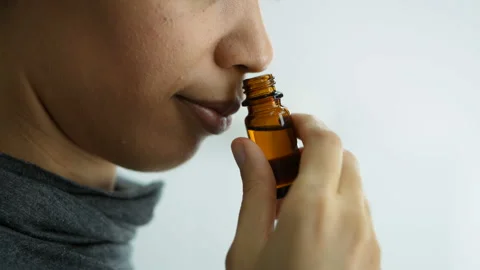
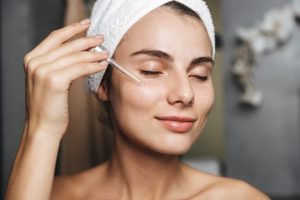
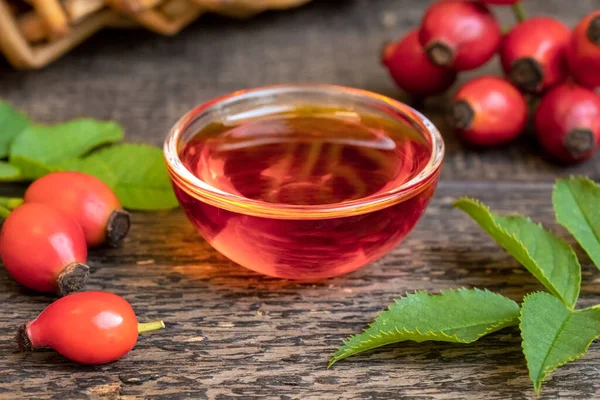
![15 Best Jojoba Oil Hair Oil [REVIEWED] 15 Best Jojoba Oil Hair Oil [REVIEWED]](https://theoilvirtue.com/wp-content/uploads/2022/02/Cliganic-USDA-Organic-Jojoba-Oil-100-Pure-Natural-Cold-Pressed-Unrefined-Hexane-Free-Oil-For-Hair-Face-243x300.jpg)
![10 Best Jojoba Oil Gallon [Reviewed] 10 Best Jojoba Oil Gallon [Reviewed]](https://theoilvirtue.com/wp-content/uploads/2022/02/Cliganic-Jojoba-Oil-Non-GMO-Bulk-Gallon-128oz-100-Pure-Natural-Cold-Pressed-Unrefined-Hexane-Free-Oil-For-Hair-Face-167x300.jpg)
![18 Best Jojoba Oil Soap [Reviewed] 18 Best Jojoba Oil Soap [Reviewed]](https://theoilvirtue.com/wp-content/uploads/2022/02/Cove-Castile-Soap-Unscented-Organic-Argan-Jojoba-And-Hemp-Oils-228x300.jpg)
